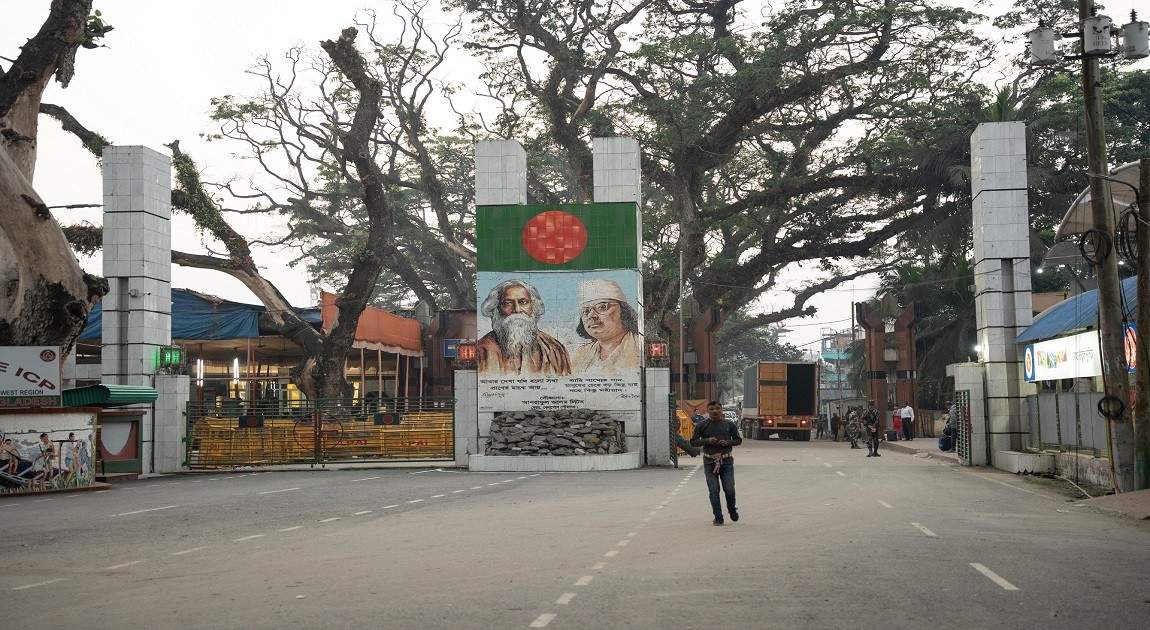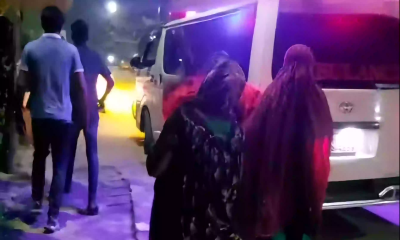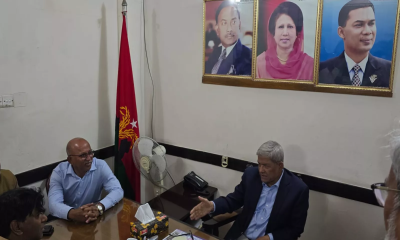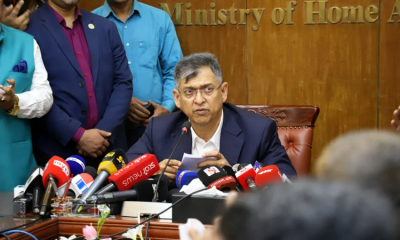Heightened security measures have been taken along key border points in Jessore in a bid to prevent the smuggling of sacrificial animal hides into India during Eid-ul-Azha.
Security forces, including Border Guard Bangladesh (BGB) and local police, have increased vigilance particularly in areas like Shikarpur, Kashipur, Raghunathpur in Sharsha, and Putkhali, Daulatpur, Sadipur, Ghiba, Goga, Rudrapur, Agrabhulot, Panchbhulot, and Dadkhali in Benapole—routes identified as vulnerable to smuggling.
According to the BGB commander of Jessore-49 battalion, enhanced patrols and checkpoints have been established in response to concerns from local traders.
Jessore’s Rajarhat, one of the largest rawhide markets in the country after Dhaka, connects over 200 warehouses and traders from 21 districts, supporting about 10,000 people directly or indirectly.
Despite lower numbers of sacrificial animals this year, local traders fear smuggling may increase due to low hide prices, rising salt costs, and delayed payments by tannery owners—even though the government has issued loans to the tanneries.
These issues leave small traders cash-strapped during Eid, creating opportunities for smugglers to offer higher prices and divert hides across the border.
In response, extra police and security checkpoints have been deployed along Sharsha’s border areas.
Movement of hide-laden vehicles toward the border has been restricted, and BGB units have intensified river patrols along the Ichhamati.
Officials remain confident that these measures will prevent any large-scale smuggling activity this year.






-20260223062301.jpg)


-20260221022942.jpg)
-20260224075258.webp)

-20260224065127.webp)



-20260223082704.webp)
-20260223074941.jpeg)

















